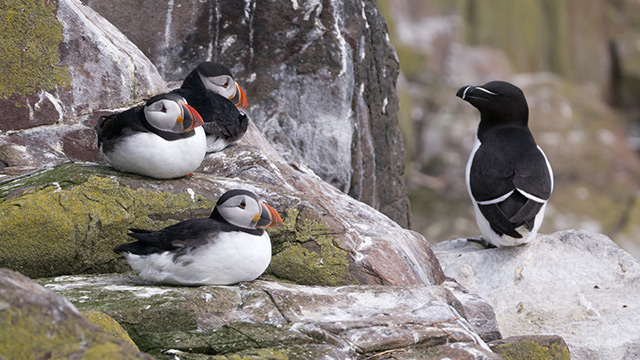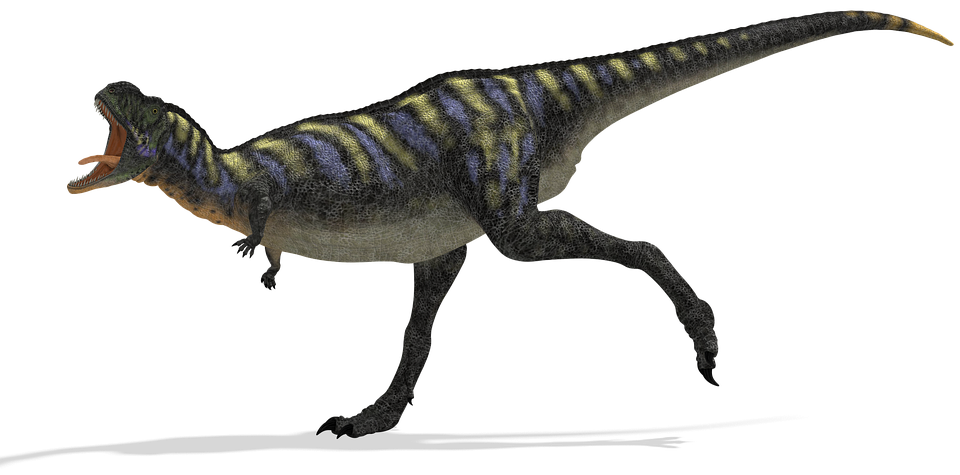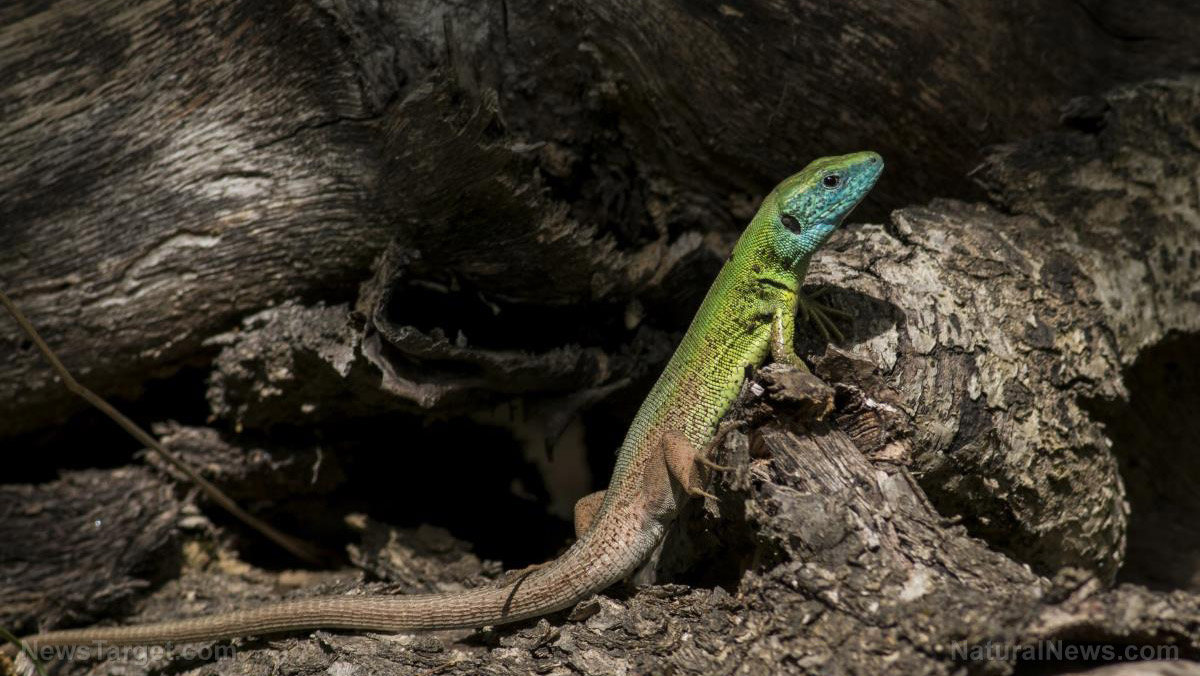Puffins are on the rebound: Researchers thought they were declining but they were just hiding from seals
07/13/2019 / By Edsel Cook

Researchers have laid to rest earlier fears that the population of puffins in the U.K. was going down. They reported that the total number of birds in the Farne Islands actually increased by nine percent – they have merely moved to different areas of the island group.
At first, the National Trust grew concerned when puffins disappeared from the outer isles of the Farnes group. They thought that the combination of the recent harsh winter and food shortages caused the colony’s population to diminish.
It turns out that the population of grey seals in the outermost Farne islands experienced a 50 percent jump in recent years. Seals tend to crush the homes and young of the much smaller puffins by accident.
In response, the puffins left the increasingly crowded outer islands for the inner isles. The latter provided better shelter for the puffins to breed and raise their offspring.
“A rather unfortunate consequence of this growth is the seals are competing with puffins for areas to raise their young,” explained National Trust researcher Thomas Hendry. “Although the two species are in residence and breed at different times of year, the weight of the seals could be crushing the puffin burrows and eroding surrounding vegetation.” (Related: Glyphosate breakdown molecule “AMPA” found to harm earthworms and degrade the life of soils.)
New survey shows that puffin numbers in the Farne Islands went up
The trust recently finished a five-year-long survey of puffin burrows on eight of the Farne Islands. The study counted 44,000 pairs of birds, an increase of nine percent from their numbers in 2013.
Aside from an unexpected drop in 2008, the Farne puffin colony generally increased its numbers over the last 25 years. They did take a while to recover from the 2008 decline.
“This is good news and suggests that the population of puffins on the Farne Islands overall is at least stable at the moment,” remarked Dr. Chris Redfern of Newcastle University. “However, there are indications of some re-distribution of puffins between different islands so we need to be vigilant to ensure that all islands remain in tip-top condition for this seabird to breed successfully in the future.”
Redfern assisted in confirming the numbers collected by the National Trust. He observed that the marine environment of the U.K.’s Northumberland coast remained capable of supporting healthy populations of puffins and other seabirds.
The more northerly puffin colonies recorded declining numbers. In contrast, the birds of the Farne islands and other Northumberland areas flourished.
The flightless seabird that made its home in underground burrows
Puffins remain on the British Trust for Ornithology‘s Red List of endangered bird species. The adorable seabirds have had to deal with various threats like toxic plastic pollution and unreliable sources of food, especially the sand eels they primarily fed on.
In response, the National Trust planned to monitor the local populations on an annual basis instead of once every five years. Annual tracking would provide more accurate data on possible causes of puffin decline, such as storms, summer rainfall, and availability of food.
Such data not only improved U.K. conservation efforts for local colonies of puffins, but it also contributed to international counterparts around the world.
Puffins make their nests in underground burrows. The National Trust researchers observed all holes within various plots of land on the eight surveyed islands and kept track of whether or not the burrow hosted a puffin chick.
If they spotted puffins returning to a burrow with sand eels or other fish in their beaks, the researchers knew that the nest contained a puffling. Other evidence included recent excavation, fresh footprints, fragments of hatched eggshells, and fish left at the entrance of the hole.
Sources include:
Tagged Under: animals, birds, Ecology, endangered animals, endangered birds, extinction, Farne Islands, habitat, puffins, research, seabirds, wildlife conservation
RECENT NEWS & ARTICLES
COPYRIGHT © 2017 DISCOVERIES NEWS



















